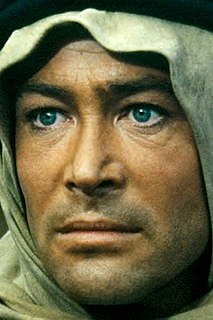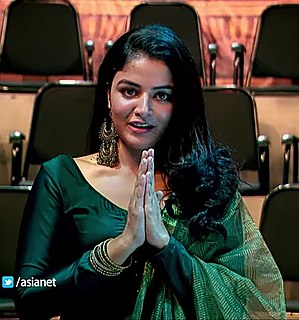A Quote by Harvey Weinstein
People know that I have a great love for cinema. Not just for commercial cinema, but for the “cinema d’auteur.” But to me, two of the great “auteurs” are actually actors and they both happen to be French. One is Alain Delon and the other is Jean-Paul Belmondo.
Related Quotes
Feudal societies don't create great cinema; we have great theatre. The egalitarian societies create great cinema. The Americans, the French. Because equality is sort of what the cinema deals with. It deals with stories which don't fall into 'Everybody in their place and who's who,' and all that. But the theatre's full of that.



































